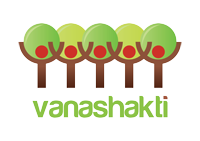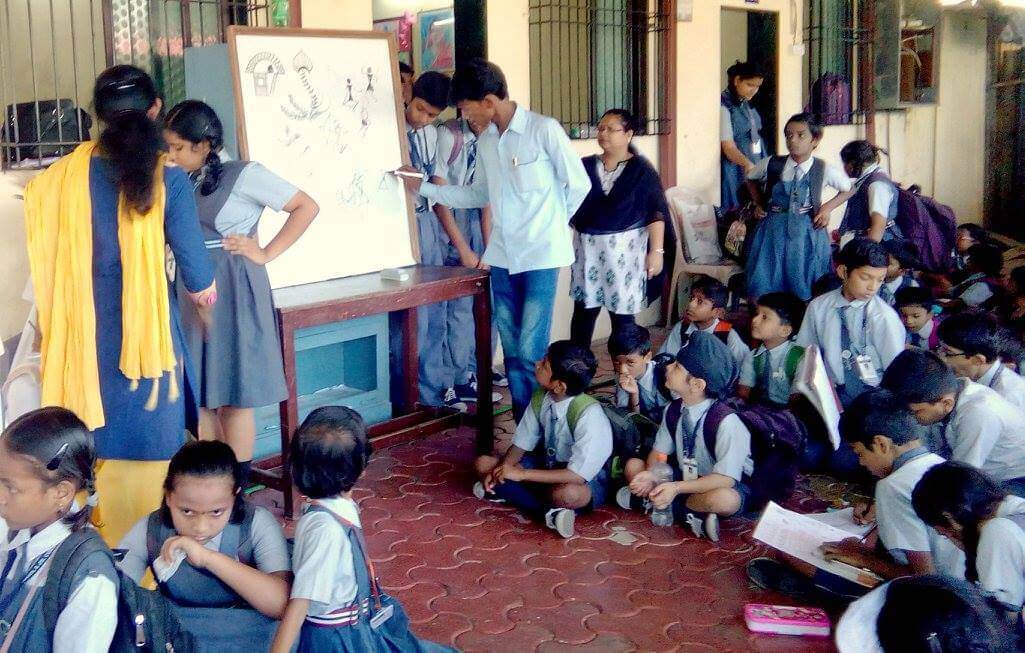Aaranya Jeevika.
Project Statement
This is an
initiative in which we design and provide sustainable and/or alternative
livelihoods to the members of the tribal communities of the Tansa Valley in
order to reduce their dependence on the forests for their sustenance.
Tribal
communities, ever since their origin, have been dependent on forests. This
dependency, however, was sustainable. With time and modernization, this has
turned into a situation that borders on exploitation of the forests. If this
has to be tackled, the communities need to be given livelihood options that are
either sustainable or alternatives to their basic sources of livelihood.
Project Intervention
This
initiative provides livelihoods to the women of the Self-Help Groups (SHGs) and
the Warli artists of the Valley. One such initiative that we undertook was an
art-based livelihood for the artists in the community. These communities being
of the famed Warli tribe, proficiency in Warli art is inherent in them. We
engaged Warli artists to conduct Warli art classes for school students in
Mumbai. Women’s Self-Help Groups (SHGs) were also engaged in making handmade
old newspaper bags, which were then distributed free of charge to
Mahashivaratri pilgrims visiting Shiva temples in the Sanjay Gandhi National
Park and Tungareshwar Wildlife Sanctuary, Mumbai, in lieu of plastic bags. The
villages wholeheartedly welcomed the project, and women participated in large
numbers and look forward to participating in the future.
Project Outcome
In addition
to giving them an income source, this initiative also gave them an opportunity
to realise that their art and traditions are held in high esteem as a heritage
in Maharashtra and the world over. Interacting with urbanites gave them a sense
of pride and a realisation that their art can earn them an income—something
that they can practice and popularise at times when they are free from their
agricultural activities. These artists have also conducted these workshops and
classes at cultural festivals in Mumbai, like the Aarey Mahotsav. The SHG women
made 5000 bags over a span of one month after a 2-day training workshop. This
helped in achieving zero plastic status for these protected areas, unlike
previous years when these areas experienced maximum human pressure and were
littered with non-biodegradable waste by the end of the day.

